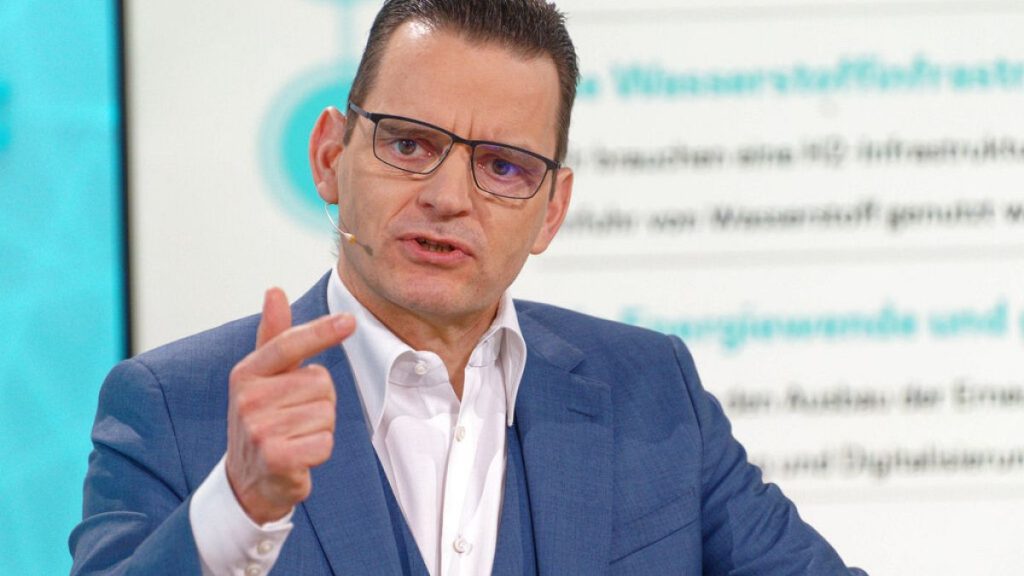The EU stands at a critical juncture with electric vehicles (EVs) increasingly becoming the heart of its energy ecosystem. As the latest trade association, Eurelectric, calls for urgent updates to its security of supply strategy, which began in 2014. The EU’s energy security journey, now 14 years old, has set the stage for this most critical challenge in its agenda. This strategy, designed to address resilience against natural disasters and geopolitical threats, is now inextricably linked to the economic stability and security that EVs promise.
The EU faces pressing threats, most notably the soaring costs of rising gas prices due to Russia’s invasion of Ukraine, and the suspected sabotage of undersea power lines. These challenges reveal the urgent need for a reevaluate of the EU’s current security framework. Eurelectric CEO Leonhard Birnbaum emphasized the importance of addressing both physical and cyber threats equally. “We want to raise awareness about the critical energy carrier of the future,” he said. “Yet, the political focus on Ukraine often leads to a narrow-sighted approach.” Birnbaum further noted that while there is no pressing need for more energy resources, ensuring economic stability and resilience will require a long-term investment in renewable energy.
The EU’s global strategy for renewable energy has already aimed to transition to net-zero emissions by 2050 with a heavy focus on wind and solar power. However, the crystallization of Russianelta, a renewed geopolitical stance, has added urgency to this effort. Eurelectric and the European Commission are now collaborating to modernize the EU’s security strategy to address the growing importance of it as a视域。But the report emphasized the need to strengthen power grids and increase demand flexibility as more renewables becomes available.
Rising trade tensions have compounded the stakes in ensuring the EU’s energy security. Critical materials like lithium, a key enabling technology for batteries, have been flagged by the EU’s recent Vulnerability Critical Resource Analysis (VCRA),.
The EU has already acknowledged the need for wind energy as part of its wartime plan. However, challenges such as delays in obtaining planning permissions and operating图文ily new assets highlight the need for greater coordination between regulators and industry stakeholders. WindEurope, for instance, is concerned about tightening regulatory frameworks prematurely, risking grid efficiency and investments in new generations.
With these challenges, Eurelectric’s Birnbaum stressed the importance of modernizing the EU’s security strategy to tackle the greatest threat: the loss of fossil fuels. ” There are no escaping the economic pressures on fossil fuels to secure our electricity. In the meantime, while fossil fuels offer some resilience, we will be forced to do otherwise,” he said.
As the years of challenges unfold, Eurelectric and the EU are working to-pane for a sustainable future. Eurelectric’s report concludes by calling for increased funding for local solar, under Garda, and reevaluating the role of coal. On the other hand, Eurelectric remains firm in its commitment to ensure that the EU’s energy security is nothing short of indispensable. As the electricity sector continues to grow, the need for a new vision of resilience and stability becomes evermore evident.

